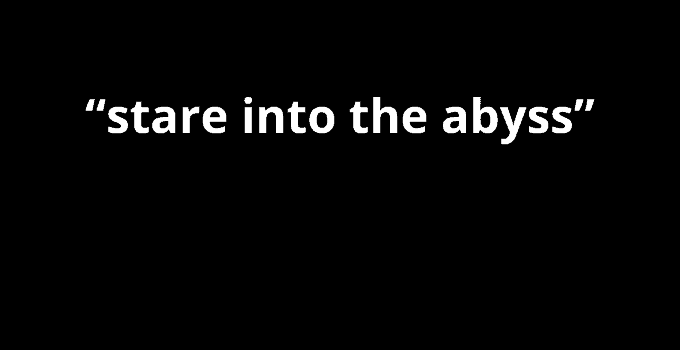Few philosophers are as widely quoted and as widely misunderstood as Friedrich Nietzsche. Although he’s often assumed to be anti-Semitic because of the obsession with his idea of the “übermensch” (superior man), he was actually a vocal critic of anti-Semitism. Additionally, his nihilistic philosophies, which argue that the world has no underlying truth, make him …
English
Some phrases and expressions can stump even the most fluent of speakers. For instance, plenty of English speakers will say, “I could care less” when they are trying to show their indifference towards something. However, that is wrong. You see, what “I could care less” says is that you sort of care, at least to …
When it comes to articles, English speakers have it easy. They only have to contend with “a,” “an,” and “the.” They don’t have to figure out whether a word is masculine or feminine like their french cousins who have to use “le,” “la,” and “les.” And, both the English and French are better off than …
There are some pieces of Internet slang like “xD” that have become so pervasive they are even understood by people who have never been online. On the other hand, Internet slang can sometimes be very obscure. In this brief post, we’ll look at an example of the latter, the word “onl.” What does “onl” …
Understanding how and when to use the comma in English can be confusing. One reason is because there is not always a strict rule about when to use a comma. Both native and foreign speakers of English struggle with comma usage. While there are times when you definitely need a comma and times when you …
Words are fascinating creatures. Some have clear cut roles to play, while others can carry more than one meaning. Words also evolve over time, and tracking this evolution can be so engrossing that there is an entire field of study devoted to the subject called etymology. This is not to mention how some words don’t …
English is filled with expressions and phrases that only make sense depending on the context. For instance, when someone says “whatever,” they could mean one of several things. They could be indifferent to the question asked, they might be dismissive towards the person asking the question, or they might be feeling plain hostility and irateness. …
The Internet has changed many things about life, so it’s perhaps no surprise that it’s changed the way we use English as well. The origins of Internet slang are varied, ranging from technological meanings that have morphed into verbal shortcuts to references to badly spelled memes to even further and stranger things. In this article, …
“Thank you for your interest”: How and When To Use This Phrase There are several different meanings of the word “interest” in English. “Interest” can be a financial term, referring to the money that you earn on an account. An “interest” can also refer to a hobby, something that you like to do or learn …









